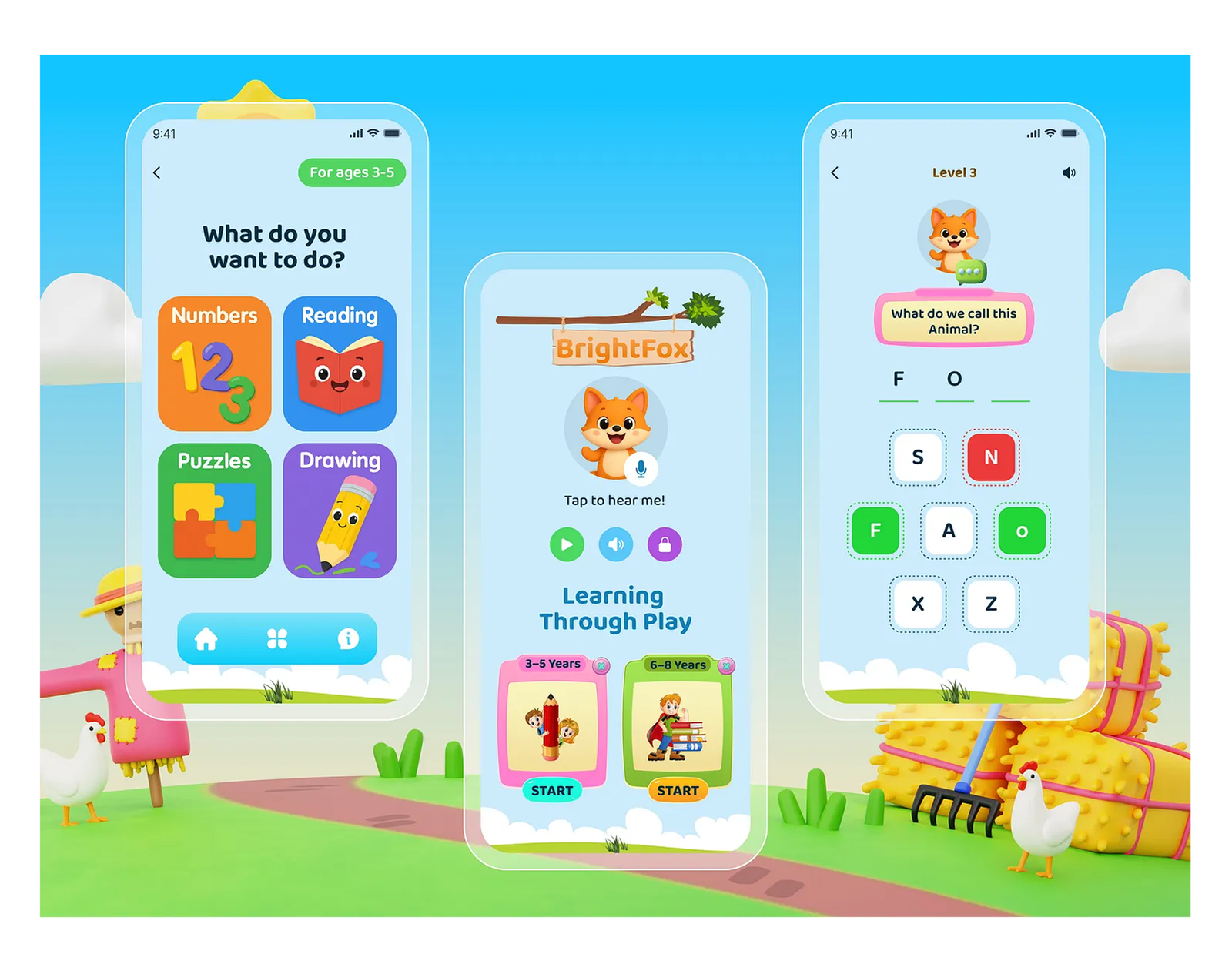Table of Contents
I want this phone is ” — A Common Modern-Day Battle

This blog is your guide to recognizing and understanding child behavioral issues due to mobile — and more importantly, how to gently but effectively break the cycle.
a child lying flat on the ground, crying, shouting, demanding a mobile phone.
The scene feels painfully familiar, doesn’t it? For many parents today, this isn’t just a moment — it’s a daily struggle.

We hand them phones to quiet them down, to give ourselves five minutes of peace. But slowly, those five minutes become five hours, and suddenly, we start seeing a different child emerge — more aggressive, withdrawn, restless.
What’s Really Happening to Our Children?

Technology is a gift. But like every gift, it must be used wisely.
Unfortunately, unchecked screen time is triggering serious behavioral shifts in young children that most parents don’t immediately recognize.
Let’s dive into the most common child behavioral issues due to mobile usage.
Top Behavioral Changes You Shouldn’t Ignore
Aggression & Tantrums

Does your child scream when the phone is taken away? Do they throw things or become violent during digital time-outs?
Mobile phones activate dopamine — the “feel good” hormone. Taking it away feels like withdrawal. Just like sugar, their brain craves it.
A child who once played with neighbors now prefers a screen. They ignore family meals, conversations, even birthdays.
Mobile usage isolates kids from real-world interaction, making them awkward, shy, or overly defensive in social situations.

Decline in Learning & Focus
- Poor school performance
- Incomplete homework
- Lack of attention in class or activities
Disturbed Sleep Patterns

Is your child tossing and turning in bed at night?
Screen exposure — especially before sleep — suppresses melatonin, the hormone that regulates sleep.
Anxiety & Low Patience
Fast-paced videos overstimulate the brain.
Over time, your child may become anxious, impatient, and emotionally fragile when things don’t go their way — like buffering, delays, or lack of instant gratification.
Why It Happens: Understanding the Cycle

- Child cries or gets bored
- We hand them the phone
- They calm down (temporarily)
- The brain starts associating calm with the screen
Over time, it becomes the only way they self-soothe
This is how child behavioral issues due to mobile become deep-rooted.

The Negative Impact of Mobile
- Emotional instability
Poor physical health - Low creativity & imagination
A Personal Message to Parents

You are not a bad parent if your child has become addicted.
We are all learning, growing, and navigating this digital jungle together. What matters is that you’ve noticed — and you’re now ready to act.
Let your home be a place where conversations matter more than clicks, and presence matters more than posts.

We didn’t grow up with smartphones in our hands, and there’s no perfect guidebook for parenting in this digital era. But with the right tools, navigating this challenge becomes easier. That’s where Focus Fun steps in — a screen-time solution designed not to fight technology, but to redirect it positively.

From focus-building games to reflex boosters, brain challenges, and mindful screen engagement, Focus Fun helps turn passive scrolling into active learning. There may be no clear-cut rules for raising digital-age kids, but the fact that you’re here, exploring better choices, shows how much you care. And that makes you not just a good parent, but a proactive one — embracing tech wisely, and using it to help your child grow smarter, not just more connected.
FAQs – Real Questions from Real Parents
What’s the ideal screen time for children?
Experts suggest limiting screen time to no more than 1 hour per day for children aged 2–12, and no screen time at all for those under 2 years. Excessive use can contribute to child behavioral issues due to mobile, including reduced focus and irritability.
Q2. Can mobile usage cause long-term mental health issues?
Yes. Prolonged mobile use can contribute to child behavioral issues due to mobile, such as anxiety, attention problems, emotional outbursts, and low self-esteem. Managing screen habits early is key to preventing long-term effects.
Q3. Should I completely ban mobile phones for my child?
A total ban is not necessary. Instead, set clear boundaries and monitor use to avoid child behavioral issues due to mobile. Balanced usage with parental guidance is more effective than strict restrictions.
Q4 What’s the first step I should take today?
Begin by observing your child’s screen habits and behavior. Reduce daily screen time by 15–30 minutes and engage them in creative, offline alternatives. This gradual shift helps reduce child behavioral issues due to mobile without conflict.
Q5 How does mobile screen time affect my child’s behavior at school?
Look out for mood swings, tantrums when asked to put down the phone, withdrawal from social interaction, poor sleep, or refusal to engage in physical play. These can be early signs of child behavioral issues due to mobile exposure.
Q6. Can educational apps still cause behavioral problems in children?
Yes, even educational apps—when used excessively—can lead to child behavioral issues due to mobile just like focus fun . It’s the duration and dependency, not just content, that impacts behavior. Balance is key.
Q7 How do mobile phones impact a child’s emotional development?
Overuse of screens can disrupt emotional regulation, empathy, and coping skills, leading to child behavioral issues due to mobile. Real-world interactions are essential for developing healthy emotional responses.
Q8 What are healthy alternatives to screen time that can reduce behavioral issues?
Activities like drawing, outdoor play, storytelling, puzzles, and family board games help reduce child behavioral issues due to mobile by promoting focus, creativity, and emotional bonding.
